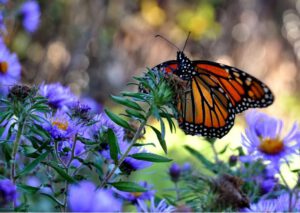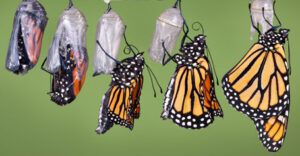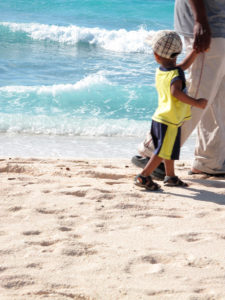 I was thirty years old. My then husband and I were in a couple’s therapy weekend. The leader asked for a volunteer couple to do a communications exercise in the group. The task was to stand apart and move to where we felt comfortable enough to name an issue in the relationship. My husband stood at one end of the room, I at the other. As we moved closer, attempting to speak, something stirred in me and I began to cry; tears turned to sobs. The group silently witnessed my pain. Engulfed in their support, my inner landscape turned from one of deep hurt and pain to inexplicable joy – a feeling of being deeply loved and accepted at the core of my being. Even though I had been taught all my life that God loved me, this was the first time that I felt it, no, KNEW IT, in the depths of my being.
I was thirty years old. My then husband and I were in a couple’s therapy weekend. The leader asked for a volunteer couple to do a communications exercise in the group. The task was to stand apart and move to where we felt comfortable enough to name an issue in the relationship. My husband stood at one end of the room, I at the other. As we moved closer, attempting to speak, something stirred in me and I began to cry; tears turned to sobs. The group silently witnessed my pain. Engulfed in their support, my inner landscape turned from one of deep hurt and pain to inexplicable joy – a feeling of being deeply loved and accepted at the core of my being. Even though I had been taught all my life that God loved me, this was the first time that I felt it, no, KNEW IT, in the depths of my being.
The central story of our faith which we celebrate at the time of year when mother earth is bursting with new life, is about death and re-birth. I notice, both in our celebration and life experience we are quick to move through, even gloss over, the hard parts of the story in the same way we wish to avoid winter. In the garden, Jesus is “sorrowful unto death”. From an expression of sadness, he moves to anger at the disciples who are unable to witness his pain. Turning to the one he calls “Father”, he bargains, but then must surrender – “not my will but yours.” How often we must come to this place when we have done all we can to change or reverse a difficult situation, and simply accept what is – the things we cannot change, such as illness, death and many others.
On the cross Jesus cries: “My God, why have you forsaken me?” He knows that deep place of desolation, of feeling completely abandoned. I expect most of us have been at there at some point. This is also the place where people of faith might walk away – “There is no God,” they say – “What kind of God would allow this?”
The next part of the story we avoid – not only does Jesus die, but the story tells us he ‘descends into’ hell, where he spends three days. Whether you understand this metaphorically or literally, the meaning is the same – Hell is hell! Three days symbolizes a long time in a very lonely place.
 Like the caterpillar who must remain in the chrysalis until the appointed time, it is only by staying long enough that we come to what Jan Hatanaka calls an “epiphany of despair”1, and through that, to new life; hence the butterfly as symbol of Easter and resurrection. Barbara Brown Taylor writes: “It is the inability to bear dark emotions that causes many of our most significant problems, and not the emotions themselves.” She continues “I learned that sadness does not sink a person; it is the energy a person spends trying to avoid sadness that does that.”2 “Each time we trust the dying, we are led to a deeper level.”3
Like the caterpillar who must remain in the chrysalis until the appointed time, it is only by staying long enough that we come to what Jan Hatanaka calls an “epiphany of despair”1, and through that, to new life; hence the butterfly as symbol of Easter and resurrection. Barbara Brown Taylor writes: “It is the inability to bear dark emotions that causes many of our most significant problems, and not the emotions themselves.” She continues “I learned that sadness does not sink a person; it is the energy a person spends trying to avoid sadness that does that.”2 “Each time we trust the dying, we are led to a deeper level.”3
That moment a little over forty years ago planted the seeds of what became a career change from nursing to ministry. It was the first of many personal death and resurrection experiences. These have been pivotal in my life, and I regret none of them, even though at the time I would have wished, like Jesus, for “the cup” to be taken from me.
The invitation is this: the next time you find yourself in this cycle of death and re- birth, and it happens with any significant loss or change in our life, take the time you need to honour all parts of the process long enough for the epiphany of wisdom to emerge.
1. Hatanaka, Jan, The Choice, Finding Life in the Face of Adversity 2011.
2. Brown Taylor, Barbara, Learning to Walk in the Dark, Harpur One, page 78 and 80.
3. Rohr, Richard, Just This, CAC Publishing, page79.
Images courtesy of Jim Ellis

